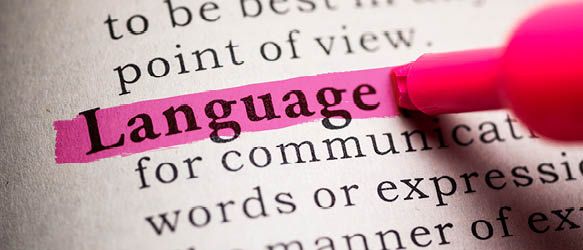Swedish service provider TransLegal has announced its entrance into the Hungarian market with the launch of its World Law Dictionary project at the Lawtech Meetup: Right to Capture Language in Budapest on April 10, 2019.
The event was attended by around a hundred participants, including academics, students, translators, and legal practitioners. Participants learned first-hand about the World Law Dictionary project, which is designed to provide a correct translation of legal concepts in various languages, with Hungarian being the first language to be tested.
The pilot product will roll out in Hungary next week, and will provide English translations of Hungarian legal terms and phrases accompanied by explanations, common translation mistakes, sound files for pronunciation, and examples.
The final product will be an online law dictionary which will allow users to search in at least 20 languages for English translations of the legal terms in their languages. The product will be accessible online with a subscription costing between EUR 10-20 per month.
“Our World Law Dictionary will try to eliminate the potential risk factors by not only translating the legal term in question, but also showing the legal background of that particular legal institution in that country, if its meaning’s essential elements differs from English," explained TransLegal Director of Projects and International Partnerships Peter Torma. "We think this can help legal systems and legal cultures learn from each other.”
“The World Law Dictionary is the oil of international law that greases the wheel,” TransLegal Founder and CEO Michael Lindner said to CEE Legal Matters. “We hope it will help lawyers in their practice to communicate more easily, as well as making legal systems more transparent, allowing investors to understand and invest in foreign markets."
Established in 1989, TransLegal's goal is to help the international legal community with legal translation services, courses, dictionaries, tests, and books. Its World Law Dictionary project partners with law faculties around the world, including the China University of Political Science and Law and the University of Gottingen in Germany.




